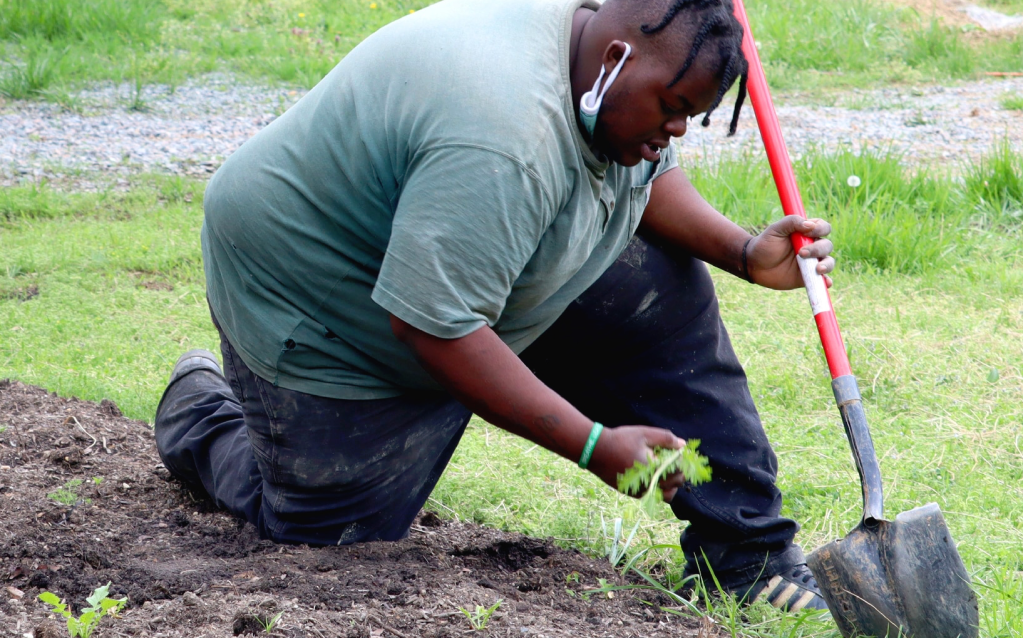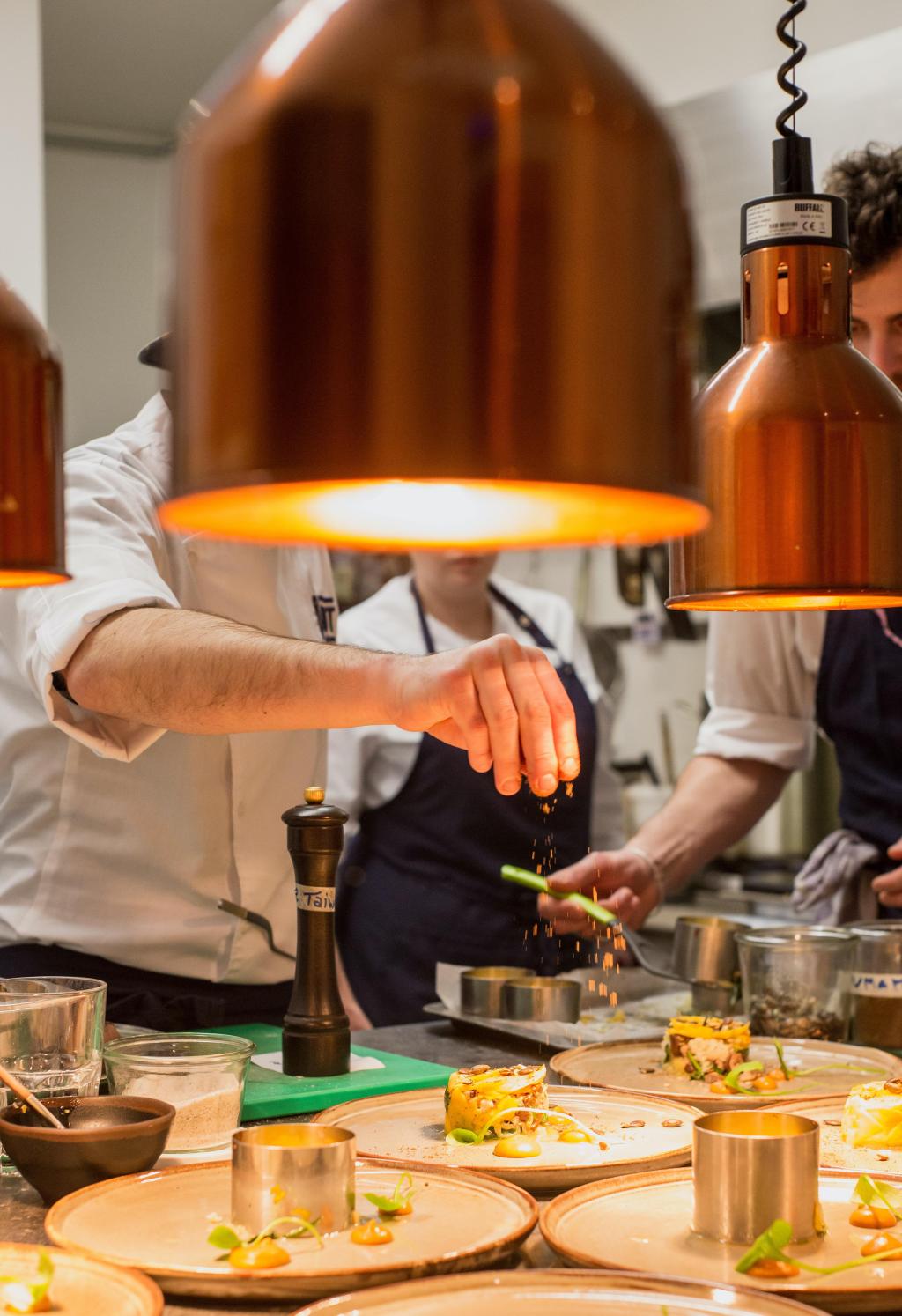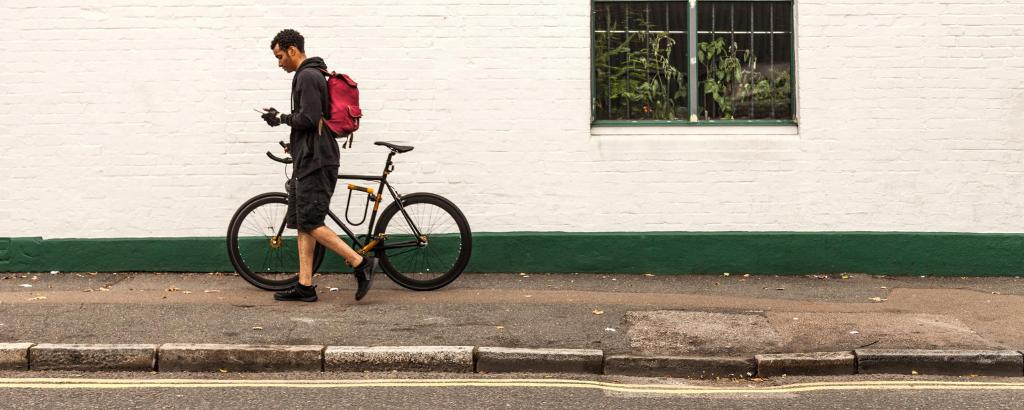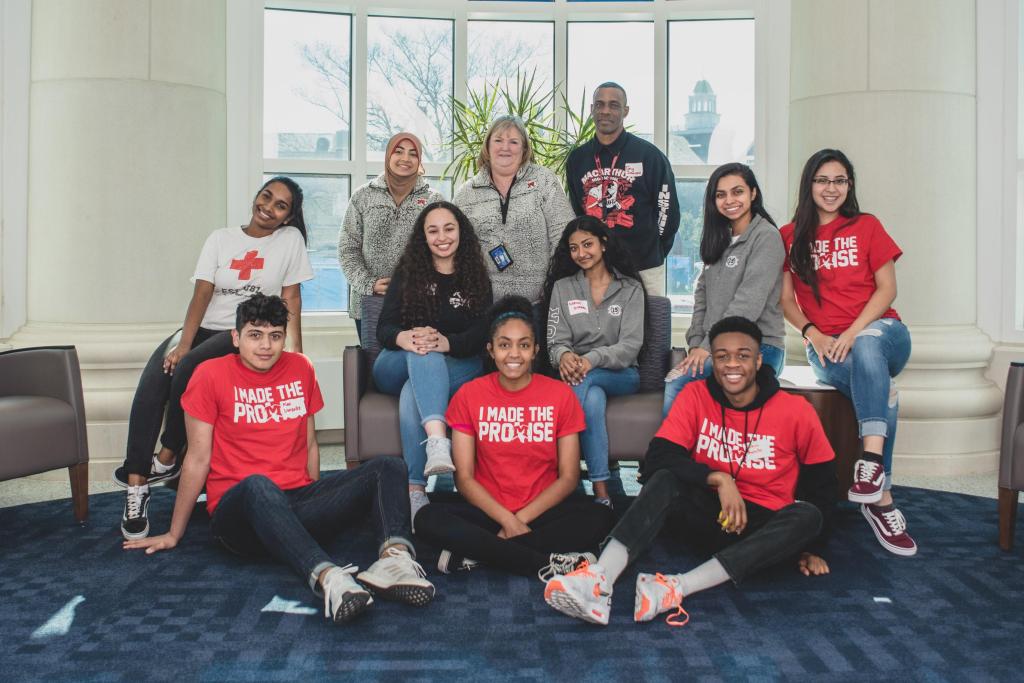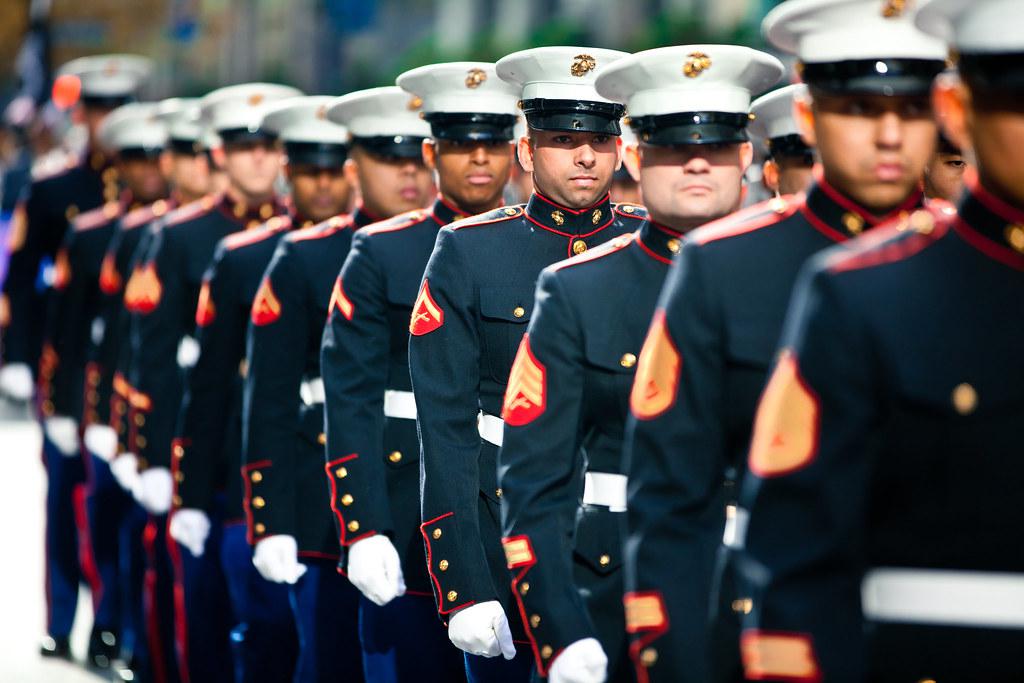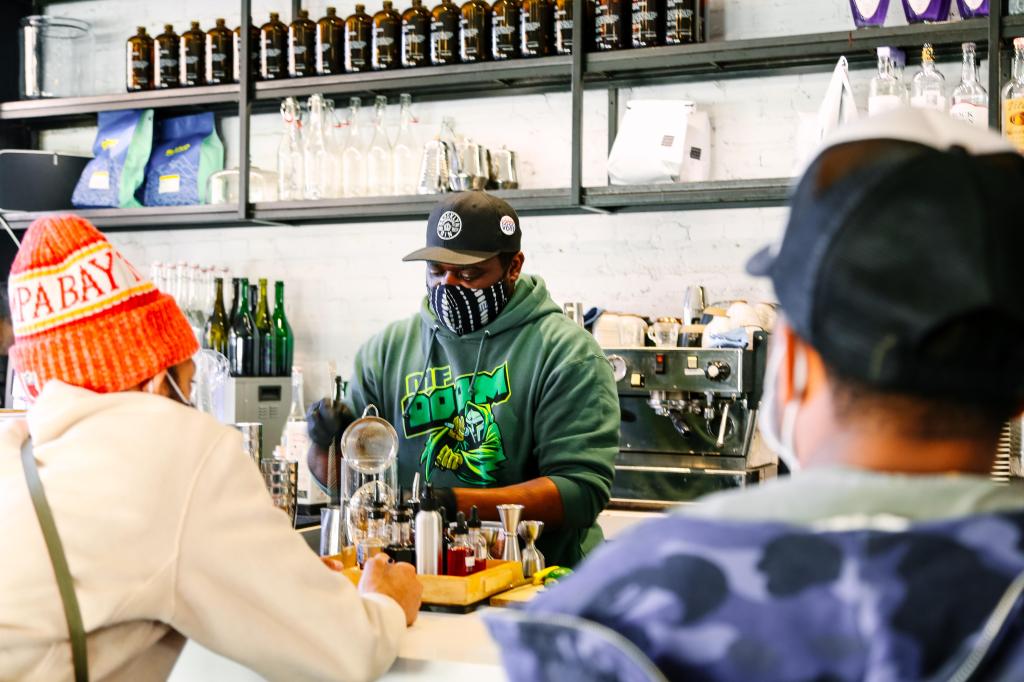America’s urban areas are often known as concrete jungles due to their abundance of asphalt and lack of parks and natural grassy areas. These neighborhoods are often populated by low-income, communities of color because of discriminatory lending practices known as redlining. These policies, which date back to the 1930s, were put in place to reinforce racial segregation and reallocate city funds to white neighborhoods.
Redlining policies perpetuated inequality that was not only economic but environmental as well.
The buildings, roads, and unnatural infrastructure that make up urban areas absorb and re-emit the sun’s heat more than natural landscapes. This turns urbanized areas into “heat islands” that experience warmer temperatures than greener, less populated neighborhoods.
Richmond, Virginia’s urban heat islands can reach temperatures as much as 20 degrees warmer than the greener areas of the city. Heat islands look to become an even greater problem in the coming years as extreme temperature shifts caused by climate change become more common.
To help create green space in heat-island communities, Capital One is supporting the Arbor Day Foundation and Groundwork RVA with $75,000 in grant funding to plant and distribute roughly 300 trees in affected neighborhoods across Richmond.
“Greenspace and access to fresh food [are] vital to the communities we serve. We are proud to work with Groundwork RVA and the Arbor Day Foundation to help address those needs here in Richmond,” said Andrew Green, Director of Capital One’s Office of Environmental Sustainability.
Together, the three organizations will strive to improve green infrastructure in three areas that have been identified as some of the hottest, least-resourced in Richmond.

“That coalition is working hard to use resources to mitigate the disparate impacts that those communities have had,” says Rob Jones, Executive Director of Groundwork RVA. “There’s an open conversation in Richmond about how to ameliorate inequities that stem from the direct connection between the discriminatory practice of redlining and the communities impacted by urban heat island effect today.”
The effort began, appropriately, on Earth Day in April of this year when Groundwork RVA’s Green Team and Green Workforce — cohorts of Black and Brown high school students and recent graduates in Richmond — created a volunteer event to plant 50 fruit trees at Sankofa Community Orchard to enhance food access in the city.
The Earth Day project also distributed 50 shade trees to residents.
Members of the Green Team and Green Workforce plan to plant the remaining 250 trees by the end of the year, focusing on neighborhoods in Southside Richmond that have a lot of concrete and a real lack of shade.
The volunteers are also building and maintaining green infrastructure in a variety of ways, including the development of rain gardens, rain capture systems, and permeable pavement.
Several of Groundwork RVA’s participants live in Richmond’s Hillside Court housing project. Volunteers are looking to plant trees in the community to work in tandem with its recently launched mini-farm project to help address the food desert.
“It’s so surreal to see how we can take empty places and turn them into a spot for people to grow food and enjoy the space,” says Darquan Robertson, a Groundwork RVA Green Workforce participant and Hillside Court resident. “I want people in this community to feel like this space is meant for them.”

Over on Richmond’s Hull Street, the goal is to cool down the neighborhood by filling many of the area’s vacant tree wells with high-quality, shade-producing trees.
Through support from Capital One and the Arbor Foundation, Jones says that Groundwork RVA will be able to purchase equipment, such as a watering truck, needed to sustain its efforts to support the growth of each tree during the two years that follow planting.
“We’re thankful to receive funding from Capital One and the Arbor Day Foundation to plant more trees and build healthier neighborhoods,” Jones said. “This work is not only vital for our communities today but the survival of future generations, especially as we tackle climate change.”

